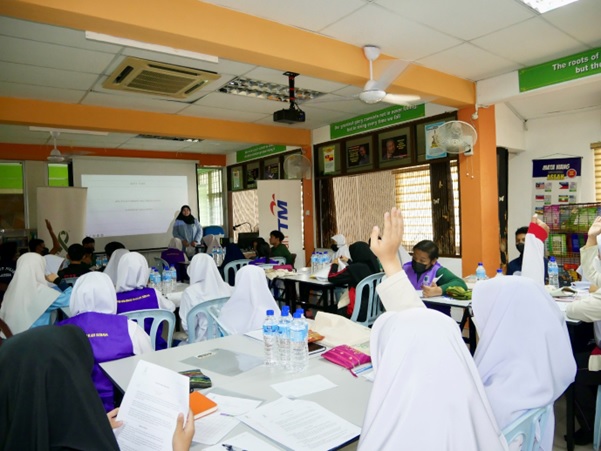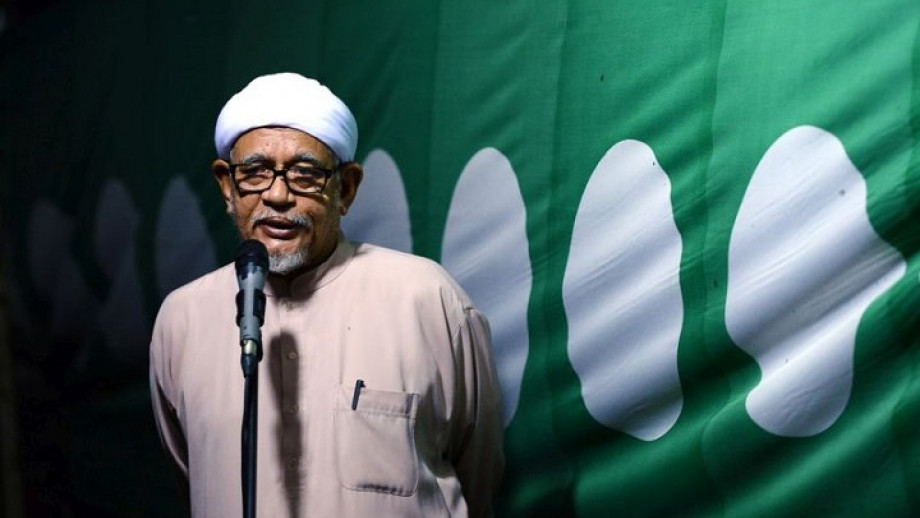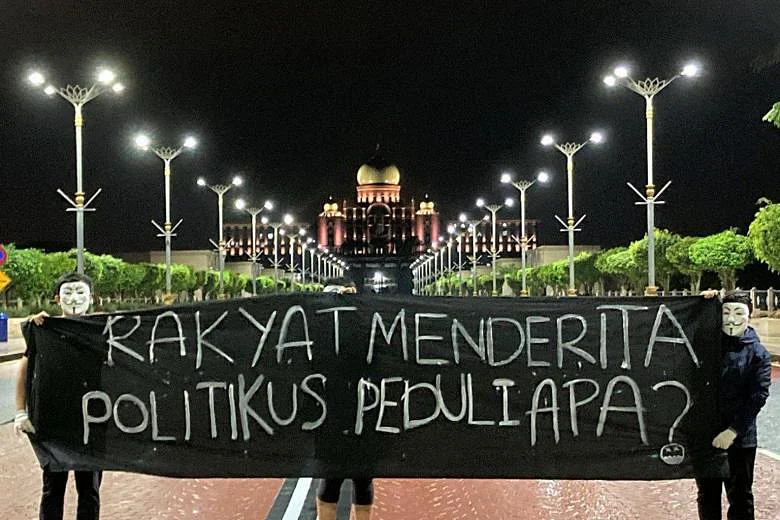In the campaign period of GE15, PAS and other right-wing groups successfully exploited the Malay Muslim insecurity. Following PAS’ spectacular showing in the election, the challenge to Malaysia ahead is not only about the growth of Islamism, but also the rise of right-wing Malay Muslim majoritarianism.
Malaysia
This article traces the seeds of the protracted political crisis in Malaysia and various developments that took place in the last three years while also providing an analysis on post-GE15 events.
Recent statistics call for various interventions for mental health issues in Malaysia. Unfortunately, there is no official subject, guidelines, standard operating procedures (SOPs), or training when it comes to mental health for first responders. This may consequently lead to negative experiences faced by those with mental health problems in times of crisis. Could this be mitigated with an early introduction to mental health?
The appointment of Anwar Ibrahim as Malaysia’s 10th Prime Minister may end last week’s unprecedented political instability but it is no by means a termination point of Malaysia’s political drama. Facing challenges from inside and outside his unity government, Anwar Ibrahim has no time to enjoy his government’s honeymoon period.
The dynamics behind the “Islamization race” in Malaysian politics is changing. Apart from the UMNO-PAS competition as the “defender” of Islam, Malaysia is currently experiencing “Islamization by trolling” with real life consequences.
Past governments in Malaysia had issued Islamic initiatives as the Inculcation of Noble Values, Islam Hadhari, Indeks Syariah Malaysia, Rahmatan-lil-‘Alamin, Manhaj Rabbani and Inisiatif Mantap, all of which sizzled out following the fall of their respective political advocates. What may be the next Islamic initiative by the new government after the 15th General Election (GE15)?
Comprising 64% of the total population, the Malay-Muslim group in Malaysia is experiencing political fragmentation with Malay-based parties/coalitions fighting a four-corner fight to grab the group’s votes in the 15th General Election (GE15). But will these parties/coalitions resort to an exclusivist approach focusing on Malay-Muslims?
This article explores multiple factors influencing voters’ acceptance and rejection of both PAS and UMNO in the upcoming 15th General Election (GE15).
Various Islamist actors are competing and collaborating with each other across different political parties and coalitions in GE15. With different political and social participation, they have undergone various transformations although do not necessarily give up their ideological commitment.
The Malaysian public’s trust in politicians and the political system seems to be dwindling even as the nation heads into the upcoming 15th General Elections (GE). What are its consequences and how can Malaysia arrest this downright trend before its democratic process suffers further decline?









